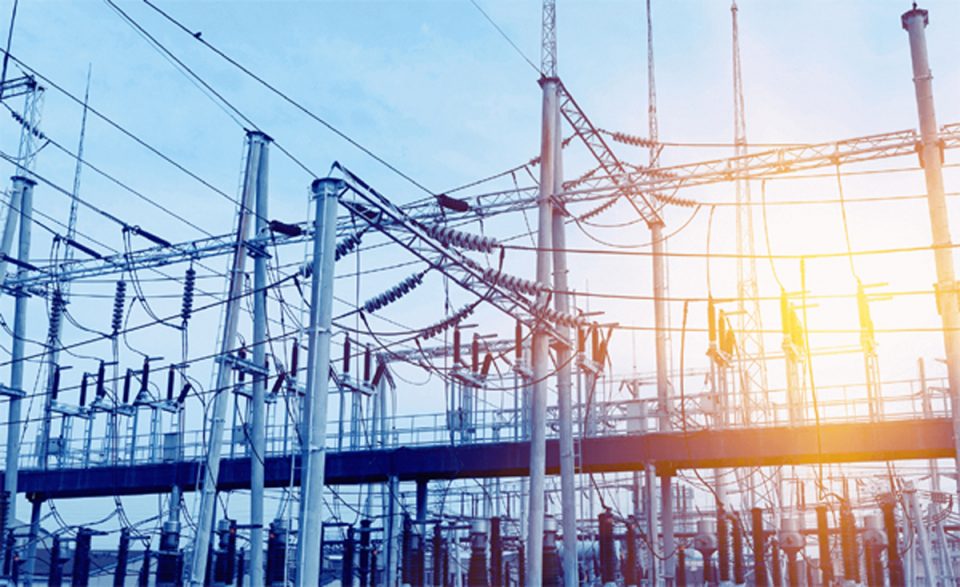Revelation that the Federal Government pays an estimated N30 billion every month as electricity subsidy is a clear indication of an inherent disorder with the country’s public electricity supply system, given that the sector has been privatised about eight years ago; and that services emanating from it is nothing but a huge deceit of the ordinary Nigerians. Government’s plan to end subsidy payments to the sector will probably aggravate the power crisis. But beyond this, government still has a sacred duty to not only account for the subsidy which must have grossed trillions over the years; but also to hold the private entities in charge of electricity accountable to their corporate pledge.
There is no doubt that the business of electricity generation and distribution is highly capital intensive. It is nevertheless dismaying that while the services of the distribution companies have been abysmal from the onset, their charges have been progressively prohibitive and starkly incommensurate with the services. Upon this, it would seem that the huge monthly subsidy by government has been the life wire of the privatised power sector operators. The situation only confirms the suspicion of lack of due diligence in the privatisation scheme. The future state of power supply in the country is better imagined when government eventually carries out its threat to end the subsidy payment from next year as already indicated.
This government and its predecessors have been unwilling to liberalise the power sector for, among others security reason; but it does not appear that respite will come to that sector until it is liberalised such that the states can take charge of their needs in terms of electricity. It is safe to hold, from government’s financial involvement in the sector since 1999, including the $16 billion allegedly spent during the administration of Olusegun Obasanjo, that the sector would likely consume just about any amount government throws into it without producing proportionate result.
Vice President Yemi Osinbajo, who disclosed the plan to end the subsidy at the opening of the 14th Nigerian Association for Energy Economics/IAEE conference in Abuja the other day, said the government expected the electricity sector to generate its revenue from the power sector market. The theme of the conference was “Strategic responses of energy sector to COVID-19 impacts on African economies.”
Osinbajo, who was represented by the Special Assistant to the President on Infrastructure, Ahmad Zakari, noted that government would be investing over $3 billion in the coming years to improve transmission and distribution infrastructure across the country. He said: “Electricity tariff reforms with service-based tariff has led to collections from the electricity sector by 63 per cent, increasing revenue assurance for gas producers and stabilising the value chain. It is anticipated that all electricity market revenues will be obtained from the market with limited subsidy from next year as reforms in metering and efficiency with the DISCOs continue to improve.
The Vice President is hopeful that accelerated investment of over $3 billion in transmission and distribution, into this sub-segment of the electricity value chain will put the country on the path to delivering 10 giga-watts through the interventions of the Central Bank of Nigeria, Siemens partnership, World Bank and Africa Development Bank and others. However, Nigerians are certainly entitled to their pessimism on this matter considering the several similar promises, which failed woefully, by highly placed officials in the last 22 years.
Nigeria must diversify and liberalise electricity supply system if she ever hopes to realise the official dream enunciated by Osinbajo. For a start, the country should look closely at other energy resources outside the present convention. As President of Nigerian Association for Energy Economics (NAEE), Prof. Yinka Omorogbe, noted in her remarks at the occasion that Africa abounds in energy resources – coal, bitumen, crude oil, natural gas, solar energy, wind, tidal and wave energy and geothermal energy. “The continent is blessed. Unfortunately, these resources have so far not been harnessed so as to unlock their vast potentials for the use of the people,” she observed.
Many Nigerians are surprised that such a huge subsidy is expended to subsidise power supply and yet there is no improvement even as millions of hapless electricity consumers are slammed with outrageous estimated electricity bills for power not supplied. Like the corruption-ridden fuel subsidy, it is doubtful if the subsidy payment on electricity is being expended appropriately, given that the expected benefits have not manifested to the ordinary Nigerian who have always lived with arbitrary electricity charges hikes.
There is need for full accountability to know who received what payments and for what reasons. Otherwise, the entire deal remains in the realm of a scam carefully designed to shortchange suffering Nigerians. For long, government has allowed regular increase in the electricity tariff arbitrarily against widespread protest by Nigerians, which portrays gross insensitivity on the part of government. In particular, it is shameful that despite the crass injustice associated with estimated billings, actors, including government in the sector have been unable to provide majority of electricity subscribers with pre-paid meters.
The country’s development has for long been put on reverse and Nigerians have suffered for too long because of epileptic power supply. Industrial production, employment and a host of other economic activities that need power have also suffered. Government should wake up to its responsibility and reinvigorate the warped system in the power sector, and put the country on the path of real growth.




